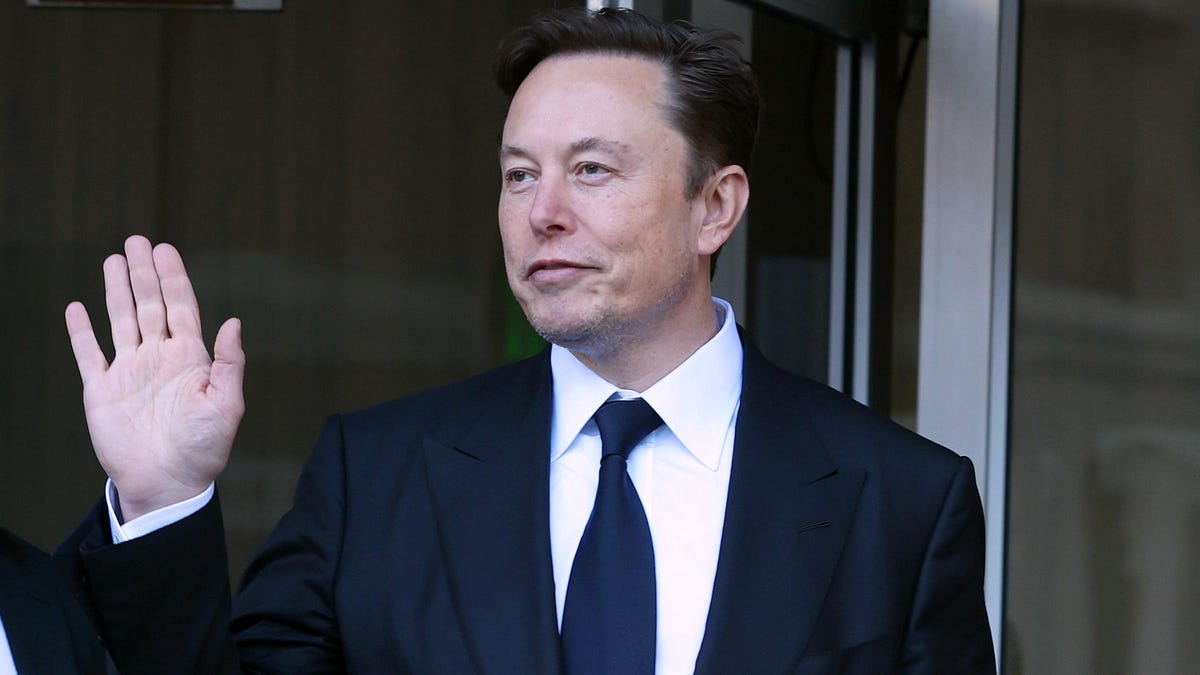
After castigating OG Twitter for its cooperation with government content requests, it turns out that Elon Musk’s version of the platform hasn’t been doing much better since he took over half a year ago. Not only has Musk Twitter™️ been responding to a variety of government requests—but it’s been doing so at a much accelerated rate than the previous management did, according to a new report.
Prior to Musk’s takeover, Twitter fully complied with approximately half of the requests that governments sent its way but, after Elon took the reins, the rate of cooperation shot up to over 80 percent, Rest of the World has reported. The tech outlet makes those assertions based on data submitted by Twitter itself to the Lumens database—a giant public catalogue of legal and government requests submitted to online platforms.
Advertisement
The data that Rest of the World reviewed shows that Twitter has received 971 requests from governments and courts since Musk finalized his acquisition of the platform six months ago. These requests include those related to content takedowns as well as requests to turn over data on specific (frequently anonymous) users. Out of those requests, Twitter acquiesced fully to 808 of them and partially fulfilled an additional 154. For another nine requests, the company has not specified how it responded, Rest of the World writes. To make matters even worse, a lot of those requests were forwarded from countries with less-than-stellar human rights records, like India and Turkey.
Rest of the World writes that, comically (or disturbingly, depending on how you feel about it), “Twitter’s self-reports do not show a single request in which the company refused to comply, as it had done several times before the Musk takeover.” Prior to Musk’s takeover, the company did occasionally deny a government request. Not so much anymore, apparently.
Advertisement
This is all very ironic because, following his acquisition of Twitter, Musk made “freedom of speech” a pivotal part of his re-branding of the platform. He referred to himself as a “free speech absolutist” and persuaded users to imagine that the app would soon become a kind of censorship-proof Thunderdome where anyone could say anything and no rules would get in the way. Of course, he immediately set about walking back those promises and now, with the recently released data, we have quantifiable proof that Musk’s Twitter is not any freer of a place, rhetorically, than it was before.
The irony continues: Musk was also instrumental in launching and promoting the “Twitter Files”—a series of leaks that spilled previously undisclosed corporate data into the hands of several journalists. The leaks revealed the inner workings of Twitter’s content moderation pipeline—shedding light on how U.S. federal agencies, as well as private organizations and groups, submitted requests for material to be taken down or flagged as mis- or disinformation. The files, which have largely been reported on by longtime journalist Matt Taibbi, have been divisive and controversial. Critics of Twitter’s policies, like Taibbi, see evidence of a “Censorship Industrial Complex,” built off back-channel cooperation between private industry and the federal government; critics of the “Twitter Files” narrative, meanwhile, say the reporting is much ado about nothing.
Advertisement
Again, Musk used the “Twitter Files” as a way to signal that Twitter would soon become a freer, less moderation-friendly place but, as we now know, that doesn’t appear to have come to pass. Turns out it’s hard to run a global tech platform that also happens to be one of the biggest sites for information exchange on the web. A lesson learned for Elon’s next big acquisition, whatever that might end up being.
Services Marketplace – Listings, Bookings & Reviews